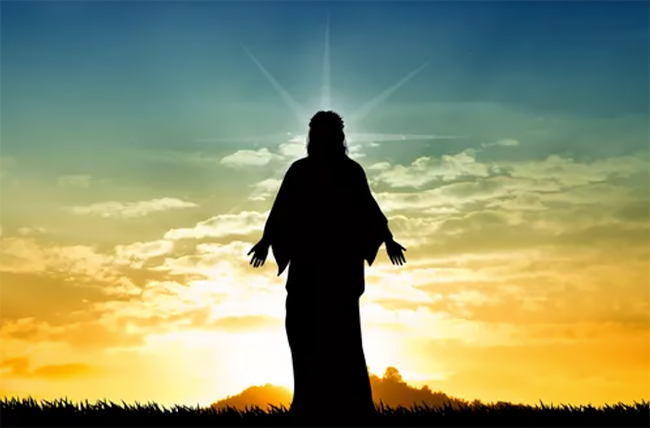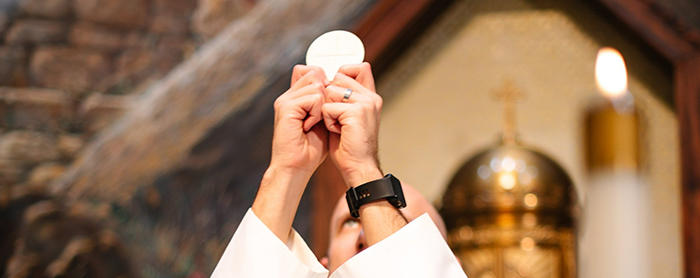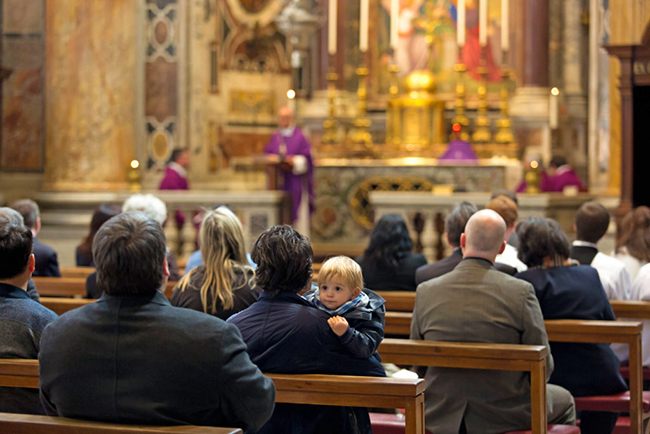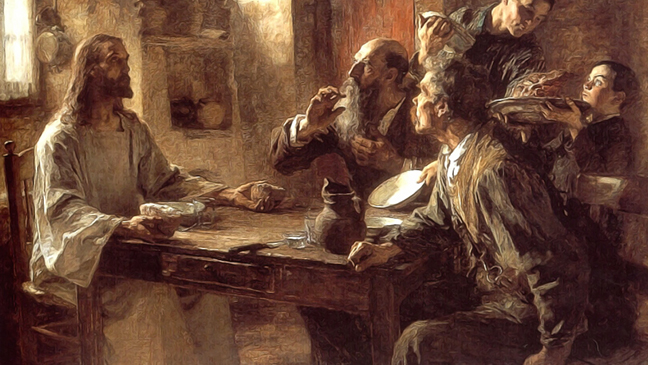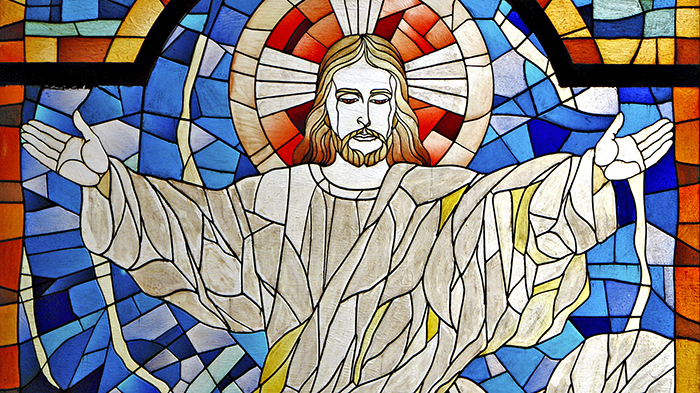
Some of us were brought into the Christian community as newborn children through baptism. That childhood faith planted a seed that grows into the mature Christian through the accompaniment and teaching of other mature Christians who came before us. While we do not precisely know who first began to describe the disciples as “Christians,” the fact that they were given a name shows that everyone recognized them as an identifiable group. St Athanasius said: “Although the holy apostles were our teachers and have given us the Gospel of the Savior, it is not from them that we have taken our name. We are Christians through Christ, and it is for him that we are called in this way.” What differentiates Christians from every other tribal definition humans carry is our daily choice to place the will of God and the grace of Jesus before our own selfish and self-centered desires. We can often fall into complacency around the word Christian and neglect its deeper intention to bring about genuine change. To be Christian is more than membership in a church. Our obligation in carrying that title is to connect all aspects of our life to the very essence and purpose of what Jesus taught. Faith is not a thing to be grasped but a life to be lived.



